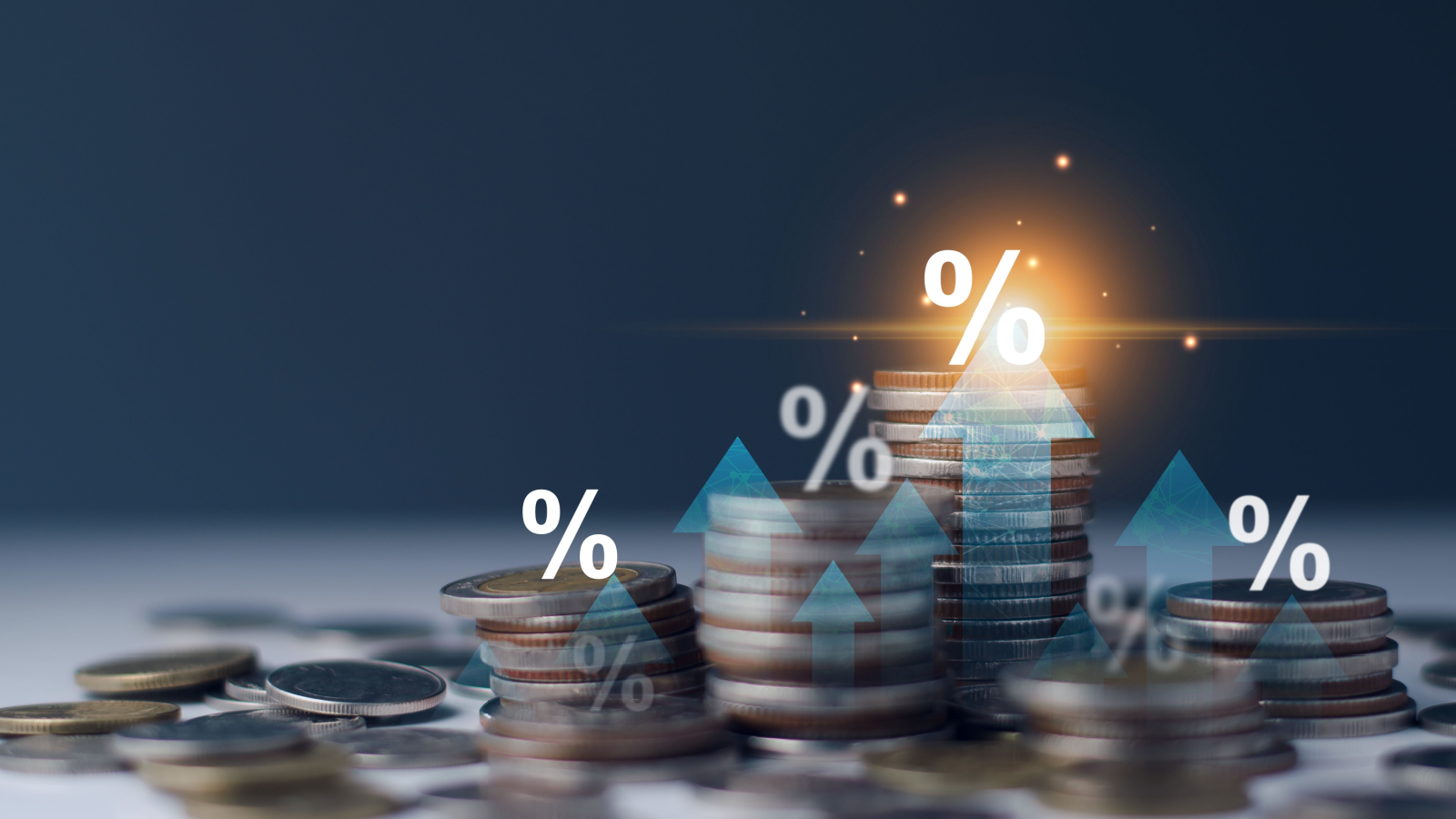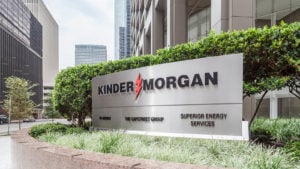
As the second half of the year starts, it seems like technology stocks are the place to be. Several of the Magnificent 7 stocks recently hit new all-time highs. But if you look closely, institutional investors continue accumulating shares of high-yield dividend stocks.
Dividend stocks are typically considered an income play for buy-and-hold investors. And for these investors, the higher the yield, the better. However, momentum traders and investors can also find dividend stocks attractive when they’re looking to take advantage of specific trends.
That’s the case with these three high-yield dividend stocks. Institutional investors have been buying these stocks even though, in some cases, the stock price remains under pressure. But that’s where the dividend comes in. Each stock on this list has a dividend that yields at least 5% and has been growing its dividend payout for several years.
Institutional investors don’t like to announce their intentions. The game is to keep you focused on tech while they build a position in anticipation of the next market trend. Buying these three stocks can keep you well-positioned for whatever comes next in the market.
Verizon Communications (VZ)

Although institutional ownership fell in the quarter just ended, institutional buyers have outpaced sellers in Verizon Communications (NYSE:VZ) stock by nearly 2:1 in the past year. The telecommunications giant is a dividend darling with a yield of 6.47% and a history of raising that dividend that is now up to 19 consecutive years.
However, a solid dividend alone isn’t enough reason to buy any stock, and investors are concerned that Verizon may not offer enough earnings growth to move the stock higher. Not only that, but the company is also still working through an uncomfortable but manageable level of debt.
The wildcard could be broadband. Verizon added 389,000 new subscribers to its network in the first quarter, translating to 3.3% revenue growth in that sector. This has been consistent for over a year, and in 2021, Verizon announced plans to invest $1 billion to build out broadband in rural areas that have been previously underserved.
Kinder Morgan (KMI)

This isn’t the first time, and it might not be the last time, that Kinder Morgan (NYSE:KMI) appears on a list of high-yield dividend stocks for investors to consider. The company operates a network of pipelines and terminals spanning 80,000 miles through the U.S. and Canada.
The story continues to be oil. As we head into the peak of the summer driving season, oil prices hold their two-month highs. And as the first named storm of the Atlantic hurricane season hurtles toward the Caribbean, it’s a reminder that oil prices tend to spike this time of year.
That may mean some short-term turbulence for a midstream company like Kinder Morgan. But you’re getting a dividend that yields 5.18%. And ultimately, oil and natural gas have to get where they need to go, particularly with the power needs being created by data centers. More than likely, it will travel through Kinder Morgan’s network of pipelines.
VICI Properties (VICI)

For the last 12 quarters, institutional investors have been buying more Vici Properties (NYSE:VICI) stock than they’ve been selling. At first glance, the question is why? Real estate investment trusts (REITs) have been pretty poor investments over the past two years. And VICI stock is no exception. In fact, it’s down 12.4% in 2024.
But there’s a reason why this real estate investment trust (REIT) is so popular. As Thomas Niel reminds investors, Vici is the biggest landlord on the Las Vegas Strip. That brings with it the gaming market, which is not easy for other companies to enter.
As Niel also points out, the company’s business model includes fixed rental rate terms that allow it to collect full cash rent from its tenants even during 2020. The average remaining term on the company’s leases is 42 years.
That should be ample reason to consider putting some capital into a stock with a dividend yield of 5.98%.
On the date of publication, Chris Markoch did not have (either directly or indirectly) any positions in the securities mentioned in this article. The opinions expressed in this article are those of the writer, subject to the InvestorPlace.com Publishing Guidelines.
On the date of publication, the responsible editor did not have (either directly or
indirectly) any positions in the securities mentioned in this article.






